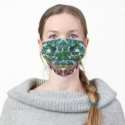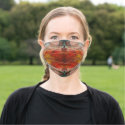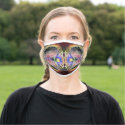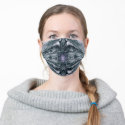CONVERGENCE: ART IN THE AGE OF PANDAEMONIA
This catalogue was made for the online charity show for covid frontliners.
The non-profit show is available for viewing on the DREAMS & DIVINITIES WEBSITE Catalogue design Al Gassano / Cover design: Hector Pineda
click on the title, then on top right - icon for full screen viewing
click on the bottom for navigation and zooming pages
A video preview from Yvette Endrijautzki of Nautilus Studio
My own work in this show:
▲
click image to purchase a print (opens in separate tab)
OR MAYBE YOU CAN DRINK IT?
From my Wingnut Files:
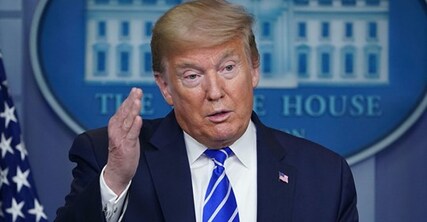
US President Donald Trump has been lambasted by the medical community after suggesting research into whether coronavirus might be treated by injecting disinfectant into the body.
He also appeared to propose irradiating patients' bodies with UV light, an idea dismissed by a doctor at the briefing.
NBC NEWS:
President Donald Trump suggested the possibility of an "injection" of disinfectant into a person infected with the coronavirus as a deterrent to the virus during his daily briefing Thursday.
Trump made the remark after Bill Bryan, who leads the Department of Homeland Security's science and technology division, gave a presentation on research his team has conducted that shows that the virus doesn't live as long in warmer and more humid temperatures. Bryan said, "The virus dies quickest in sunlight," leaving Trump to wonder whether you could bring the light "inside the body." "So supposing we hit the body with a tremendous — whether it's ultraviolet or just a very powerful light — and I think you said that hasn't been checked because of the testing," Trump said, speaking to Bryan during the briefing. "And then I said, supposing you brought the light inside the body, which you can do either through the skin or some other way, and I think you said you're going to test that, too."
"(This is an) absolutely dangerous crazy suggestion," said Paul Hunter, a professor of medicine at Britain's University of East Anglia. "You may not die of COVID-19 after injecting disinfectant, but only because you may already be dead from the injection." ECONOMIC TIMES
About avoiding stress and maintaining a healthy circadian rhythm
to increase resilience to fight COVID-19
Artwork © by Sabina Nore
My previous blog is related to this subject matter - a reprint with permission from The Conversation,
it speaks about the effects of news on the psyche:
I recommend reading that blog first, and then return here to get the perspective of the
STRESS WEAKENS THE IMMUNE SYSTEM
click the above link to read (opens in separate window)
Relax, get enough sleep! A related article speaks about a healthy circadian rhythm:
Social distancing and washing hands have become the frontline in the fight against COVID-19, but there is another powerfully protective resource immediately available to all: your circadian rhythm.
While isolation and hygiene are effective in reducing the chance of infection, they do little to increase our resilience to the virus so that we suffer less and recover faster. In addition, the stress and worry caused by current trends – school and business closures, self-quarantines and mandates to stay at home – don’t help. The strains on our physical and psychological health can leave us even more vulnerable to viruses and other health issues. The answer to boosting your immunity may lie in simple steps you can take to maintain a robust circadian rhythm by developing and following a daily routine.
I head a lab that researches circadian rhythms, the daily cycles of bodily functions that form the foundation of good health. These body clocks, found in nearly every organ of the body and part of the brain, are central and vital to a properly functioning immune system. A synchronized circadian rhythm in the lungs, heart, kidney and brain ensures that the processes in our body go as planned while the immune system can effectively fight and defeat a virus. When the timing systems in the human body are desynchronized, essential organs are compromised, reducing the potency of your immune system. Circadian disruption dampens your immune system and makes a virus harder to defeat.
How Chronic Stress affects our immune system | How to improve your immune system
Chronic stress can negatively affect our immune system making you more vulnerable to infections and diseases. The chemical reactions triggered by stressful situations result in an obslaught of stress hormones being pumped around the body while these hormones are useful in acute situations. Their ability to interfere with the immune system can result in inflammation. Reduced white blood cells, and a higher susceptibility to infection and tissue damage.
Last, but not least, the definitive paper on the subject from the US National Library of Medicine
Psychological Stress and the Human Immune System: A Meta-Analytic Study of 30 Years of Inquiry
Abstract
The present report meta-analyzes more than 300 empirical articles describing a relationship between psychological stress and parameters of the immune system in human participants. Acute stressors (lasting minutes) were associated with potentially adaptive upregulation of some parameters of natural immunity and downregulation of some functions of specific immunity. Brief naturalistic stressors (such as exams) tended to suppress cellular immunity while preserving humoral immunity. Chronic stressors were associated with suppression of both cellular and humoral measures. Effects of event sequences varied according to the kind of event (trauma vs. loss). Subjective reports of stress generally did not associate with immune change. In some cases, physical vulnerability as a function of age or disease also increased vulnerability to immune change during stressors.
Coronavirus: could reading about the pandemic cause harm?
Jeremy Howick, University of Oxford and Giulio Ongaro, London School of Economics and Political Science
Scary health stories about COVID-19 pour out of the media floodgates every minute. These might be causing “nocebo effects” – where we become more ill because we expect to, as opposed to the better-known placebo effect where we become less ill due to our expectations. This could be happening on a large scale just now.
Although data about nocebo effects in the pandemic is not yet available, we suspect these effects are prevalent, based on evidence from similar cases. Consider the following: 1) In 2010, anti-windfarm campaigners in Australia spread news about “wind turbine syndrome” caused by sub-audible infrasound generated by turbines. At the same time, health authorities noticed a growing number of complaints – heart palpitations, headaches, nausea – that corresponded closely with those of the wind turbine syndrome. Yet researchers quickly found that complaints were concentrated in regions with a history of anti-windfarm campaigning. Experimental subjects that were randomly allocated to watch scary news about the harms of windfarms reported an increase of symptoms, even in the presence of sham infrasound. Researchers concluded that wind turbine syndrome was caused by misinformation rather than wind turbines.
2) In 2018, a study found that people living in countries with more Google search results about statin adverse events were more likely to report statin intolerance. Authors of the study concluded that exposure to online information contributed to these adverse effects.
3) In a large study examining the death of 28,169 Chinese-American adults in California, researchers found that people who were understood by Chinese astrology to be particularly susceptible to certain conditions – by virtue of the year of their birth – died significantly earlier (1.3-4.9 years) than people with the same conditions born in other years. Researchers concluded that “psycho-cultural factors” (belief in Chinese astrology) affected mortality. A positive test for COVID-19, combined with some initial symptoms and alarming mass media health news, could aggravate coughs, fever, pains and breathlessness. The shock caused by negative information might even precipitate death in severely ill patients by aggravating heart disorders or affecting the respiratory system already attacked by the virus. Among those without the disease, fear following the experience of a mild symptom (perhaps of a common cold) could exacerbate the symptoms and even prompt them to visit the hospital, where they could actually catch the virus – or another disease. The social isolation imposed in many countries, well known to be linked to illness and death, could exacerbate these effects. VOODOO DEATH: HOW NOCEBO WORKS
We are understanding more and more about how nocebo effects work. Emotionally charged negative information from an authoritative source can make someone expect a negative symptom such as pain or breathlessness. Then, like a self-fulfilling prophecy, the expectation itself can cause the symptom. These expectations are associated with the production of neurotransmitters that induce an increased sensitivity to pain and a wide variety of other symptoms. Fear and anxiety heighten this process.
In more extreme cases of “psychogenic death” – or “voodoo death” – fear activates the fight-or-flight response. This results in, among other things, accelerated heart rate and raised blood pressure. In some cases, it can lead to arrhythmia (irregular heartbeats) and even vascular collapse, where insufficient blood is supplied to blood vessels and they literally collapse. Nocebo effects are more pronounced in people with a well-defined disease, such as a viral infection, where existing symptoms and the awareness of being at risk leads to symptoms becoming amplified. We hypothesise that there are likely to be cultural variations in nocebo effects in the COVID-19 pandemic. The way the press and media communicate, and the way news travels among people, differ across countries. Also, the way people perceive and react to health-related information is culturally specific, as are coping strategies and attitudes towards fear and death. For instance, preliminary research on COVID-19 risk perception found that old German men are less afraid of the virus than younger men, and have been described as behaving “calmly and appropriately” in the current circumstances. The cultural specificity of nocebo effects might partly explain the striking difference in mortality rates that have been recorded across countries and ethnic groups. These have been shown to vary from 2.7% in Germany to 13.2% in Italy to 5.1% in the US and 13.4% in the UK, with further differences among ethnic groups within the same country. When all conventional explanations for differences in mortality rates are taken into account, could psycho-cultural factors offer an additional explanation for the lower mortality rates in Germany, when compared with countries such as Italy? Future studies combining epidemiological and sociological data across countries will be able to investigate the diversity and clinically significant of nocebo effects in the pandemic. HOW TO REDUCE NOCEBO EFFECTS
A trial comparing aspirin with sulfinpyrazone for treating heart disease found that the patients who were told about side-effects were six times more likely to drop out of the trial because of side-effects. Dozens of other studies show that negative side-effects are lower when patients are not told about side effects. We don’t propose that the scary things about COVID-19 be hidden, but rather that the likely nocebo effects caused by scary news stories be mitigated.
At a policy level, this could take the form of government messaging, and structures of emotional support aimed at reshaping risk perception in patients. At an individual level, limiting the consumption of negative media is likely to reduce nocebo effects.
Jeremy Howick, Director of the Oxford Empathy Programme, University of Oxford
and Giulio Ongaro, Postdoctoral Research Fellow, Anthropology, London School of Economics and Political Science This article is republished from The Conversation under a Creative Commons license. Read the original article. Greece: despite a decade of health cuts, coronavirus death rates appear comparatively lowStella Ladi, Queen Mary University of London Greece, which has just come out of a ten-year financial crisis, appears at this stage to have been relatively lightly hit by the coronavirus pandemic. It is perhaps surprising that a country which has made significant cuts to its health sector in the past decade has not seen a larger number of fatalities, particularly when some of its near neighbours have suffered so terribly as a result of COVID-19. On April 15, the European Centre for Disease Prevention and Control reported 2,170 recorded cases of infection and 101 deaths in Greece. Although comparisons between countries are not easy, a number of European countries with a similar populations and with less austerity experienced in their health sectors, are suffering more. On the same date, Belgium recorded 31,119 cases and 4,157 deaths, Portugal 17,448 cases and 567 deaths, Austria 14,234 and 384 deaths and Sweden 11,445 cases and 1,033 deaths. Even more importantly, the curve of the infection in Greece has stayed relatively flat from early on. The austerity measures that Greece had to implement during the 2009-2018 financial crisis as a result of three economic adjustment programmes funded by the European Union and the International Monetary Fund included immediate cost-cutting measures in the health sector. The health budget – public and private – was reduced by 60% in 2014. In 2017, many were declaring that Greece was “in the midst of a public health meltdown” and that its system was broken. Facing weaknesses head onGiven all this, it seems extraordinary that a country of about 11 million people, with only 565 intensive care unit beds at the beginning of March 2020, could manage to deal with the coronavirus crisis. So, what has happened in Greece? At the beginning of February, a national experts committee on public health was established and the ministry of health appointed Sotirios Tsiordas, a professor of pathology and infectious disease, as its COVID-19 spokesperson. The government immediately designed a preventative strategy to tackle the pandemic, taking the existing weakness of the health system into specific consideration. The decision to close schools and universities and ban large social gatherings came within days and before even one death attributed to COVID-19 was recorded. The government managed to almost double the ICU capacity to 910 beds by the end of March via public sector coordination, smooth cooperation with the private sector and philanthropic donations. Persuading the population to follow the government’s instructions has been one of the most difficult aspects in all countries. In Greece, the government opted for an early and consistent message – this is an emergency and the priority is to save human lives. The economy is the next most important issue to deal with, but the government has been clear that it comes second. Tsiordas holds a press conference every evening at 6pm to explain the latest scientific evidence. Then Nikos Chardalias, deputy minister for civil protection and crisis management, announces any new measures to be taken. A clear link between evidence and policy is made and any fake news or misinformation that has been spread in the previous 24 hours is tackled on the spot. Fines to people and businesses that did not comply with the new rules were applied early on to make the point even clearer. Learning from crisisGreece has just emerged from a ten-year financial crisis and seems to have built resilience and a stoicism over the inevitability of any crisis. The COVID-19 emergency is unprecedented in the way it has affected health and life more generally at the global level, but, for many Greeks, it is simply the next crisis that they need to tackle. Images from neighbouring Italy and Spain made both Greek people and the government realise that the danger was in their backyard. By acting reflexively and by acknowledging the pre-existing weaknesses of the health system, the government appears to have had more scope than some other European countries to implement a drastic strategy. What can be learned from Greece is that the health system alone is not enough to confront a pandemic. Other aspects of governance such as decisive leadership which communicates physical distancing measures effectively and steadily seems to be equally important. But the fight against the pandemic is not over. Loosening the measures taken will be equally challenging and different expertise will be needed to direct governments, as economies shrink, on how to deal with people tired of the lockdowns. Stella Ladi, Senior Lecturer in Public Management, Queen Mary University of London This article is republished from The Conversation under a Creative Commons license. Read the original article.
Coronavirus Pandemic Update 56:
What is “Forest Bathing” & Can It Boost Immunity Against Viruses?
COVID-19 Update 56 with Roger Seheult, MD of https://www.MedCram.com
A series of joint studies from Stanford University School of Medicine and several medical schools and institutions in Japan demonstrated that exposure to “phytoncides” released by trees and plants may boost immunity by increasing natural killer cell quantity and activity among other effects. Dr. Seheult illustrates how these studies were conducted as exposure to forests (forest bathing) may fall into the category of additional things we can do (and that don’t cause harm) to potentially help prevent viral infections such as COVID-19.
Links referenced in this video:
Johns Hopkins Tracker
Videos - in German
Wald gegen CORONA-VIREN und für FREIES DENKEN (Mit Biologe Clemens G. Arvay)
verwandtes Videos von Clemens G. Arvay, das sich mit diesem Thema schon in 2018 befasste
Related video by Clemens G. Arvay that dealt with this topic in 2018
C. G. Arvay über Öko-Psychosomatik - Akademie für menschliche Medizin
In den Nachrichten berichtet, von den letzten bis zu früheren Jahren
Reported in the News, from most recent to earlier years
Der Standard, 14. April 2020
THERAPIE IM GRÜNEN Wie Wald auf unsere Gesundheit wirkt
Das aus Japan kommende "Waldbaden" und der Trend zur Nutzung der Wälder für Therapien sind in Europa bereits vielfach etabliert. Wer in einer sehr urbanen Umgebung lebt, entwickelt auch eigene Zugänge zur Natur. "Waldbaden", das sich auch in Europa als Trend etabliert, ist ein gutes Beispiel dafür. Der Ansatz resultiert aus der von großen Städten geprägten Kultur Japans. ...... MEHR LESEN
Mein Kommentar dazu
Wiener Zeitung von 2015:
"Die Natur verurteilt uns nicht" Autor Clemens G. Arvay über die gesundheitsfördernde und heilsame Wirkung des Waldes.
Die Presse von 2016:
Hilfe aus dem Wald: Bäume als Medizin
English Speakers please note - these articles are entirely in German.
Sorry for the inconvenience. Perhaps you can read them with Google Translate built in on your device.
Christian Schubert, Professor an der Medizinischen Universität Innsbruck,
erforscht die Zusammenhänge zwischen Psyche, Gehirn und Immunsystem.
"Eine Möglichkeit, sich psychisch zu schützen, ist, den Medienkonsum zu begrenzen, wo wir Schreckensnachrichten hören und belastende Bilder sehen."
aus dem Interview mit dem Arzt, Psychotherapeuten und Psychoneuroimmunologen Univ.-Prof. DDr. Christian Schubert
Ostern:
Wald gegen CORONA-VIREN und für FREIES DENKEN (Mit Biologe Clemens G. Arvay)
Immunbiologie und freies Denken: Der Biologe und Autor Clemens Arvay über Wald und Immunsystem, die fragwürdigen Sperren von Grünräumen und über Naturspaziergänge in Zeiten von Covid-19.

Martin Sprenger war Berater des Gesundheitsministers und kritisierte zugleich Maßnahmen der Bundesregierung. Nun sitzt er nicht mehr im Expertenstab.
Beim Kanzler kam Martin Sprengers Kritik an einigen Maßnahmen der Bundesregierung gar nicht gut an. In einem Interview hatte der Public-Health-Experte unter anderem das Schließen von Parks und Wandergebieten als "nicht nachvollziehbar" bezeichnet. Solange der Abstand im Freien gewahrt werde, bestehe dort kein Infektionsrisiko. Darauf in der ZiB 2 am Montag angesprochen, sagte Sebastian Kurz (ÖVP) sinngemäß, er höre zum Glück nicht auf die falschen Experten, die ihn vom erfolgreichen Weg abbringen wollten. Besonders pikant: Der "falsche" Experte Sprenger war zu diesem Zeitpunkt Mitglied des Expertenstabs der Corona-Taskforce, die mit Gesundheitsminister Rudolf Anschober (Grüne) mehrmals wöchentlich die Strategie im Kampf gegen das Virus berät. Der STANDARD hört indes auch von anderen Experten, die mit der Regierung zusammenarbeiten, dass die öffentliche Äußerung von wissenschaftlichem Dissens nicht so gern gehört werde, weil politische Entscheidungsträger davon noch mehr Verwirrung befürchteten. Insbesondere Kanzler Kurz sei auf eine einheitliche Linie ohne Zwischenrufe bedacht.
Martin Sprenger, Public-Health-Experte und inzwischen ehemaliges Mitglied des Expertenstabs in der Corona-Taskforce des Gesundheitsministeriums, erklärt, wo wir in der Corona-Krise stehen, was wir versäumt haben, und wie wir da am besten wieder herauskommen. Der Shutdown, sagt er, war richtig, um Zeit zu gewinnen. Aber wir haben diese Zeit nicht genutzt, um das Wissen zu generieren, das wir jetzt für kluges Risikomanagement bräuchten. Die Regierung schaue noch immer zu eindimensional auf die Intensivkapazitäten, und wir müssten möglichst bald nach Ostern damit beginnen, Kindergärten und Volksschulen zu öffnen.
Geschäfte zu schließen, Lokale, öffentliche Parks – alles konnte man sich im Zuge der Corona-Krise irgendwie vorstellen. Aber unsere Berge?
Bundeskanzlerin Angela Merkel (65, CDU) verkündete am Freitagabend per Video-Podcast ein weiteres Detail der Kontaktbeschränkungen, die die weitere Ausbreitung der Pandemie verlangsamen soll: „Auch Kurzreisen innerhalb Deutschlands, an die See oder in die Berge oder zu Verwandten, kann es dieses Jahr über Ostern nicht geben.“
Für meine Freunde in Österreich - es haben sich einige Firmen etabliert die jetzt Gesichtsschutz herstellen. Ich habe erst kürzlich über Amazon recherchiert, und da viel zu finden, aber Alles entweder ausverkauft, oder lange Lieferfristen von China. Über einen Deutschen Hersteller habe ich gestern berichtet. Doch Heute wurde ich fündig in Österreich:
Wohlbekannt unser "Mörtel" Richard Lugner, mit einem Gesichtsschutz von dieser Firma, welche auch Transparente Schutzwände herstellt.
Eine andere Firma ist
FACE SHIELD
Schütze dich vor möglicher Tröpfcheninfektion von Krankheiten und speziell derzeit mit dem Virus COVID-19 mit einer Gesichtsschutz aus dem Hause FT TEC - MADE IN AUSTRIA
Ich hoffe dass meine Beiträge nützlich sind.
Stay safe, everyone!
Coro-No | INSZENE Media
GESICHTSSCHUTZ
Im Alltag können unterschiedliche äußere Einflüsse zu einer Infektion führen. Daher wird das Tragen von Gesichtsvisieren empfohlen, die das Risiko einer Tröpfeninfektion und einer Infektion durch das unwillkürliche Fassen ins Gesicht, reduzieren, da Gesichtsvisiere Augen, Nase, Mund und Kinn wirkungsvoll abdecken.
acrylic on mylar - abstract decalcomania - digital enhancements - mirrored.
Nominal size 80 x 40 cm - 2020
I am currently in quarantine at home - playing with shots of unfinished projects from my studio - which I have not been to since March 10th, since it is way across town.
I wanted to lead this blog with a work of art, before we (and myself included) forget that I am foremost a artist. But these are strange times, and my attention is riveted on the current crisis of COVID-19. Everything is overshadowed by it - including my creativity, since being away from the studio. I am hoping to go there and resume work sometime after Easter, come hell or high water.
CORONA: Killervirus oder Killer-Umwelt?
Mit Biologe Clemens Arvay (Fach medizinische Ökologie)
Corona kommt mit dem Feinstaub. Das Problem ist nicht neu und geht viel weiter. Nach Corona darf es nie wieder weitergehen wie davor. Der Biologe Clemens Arvay, Fachmann für medizinische Ökologie, sagt: „Wir haben keinen Killervirus, sondern eine Killerumwelt“. Verweise: https://www.clemensarvay.com/
Positionspapier über Feinstaub und Corona-Ausbreitung der Universitäten Bologna und Bari mit der italienischen Gesellschaft für Umweltmedizin
* Bis zu 650.000 Influenzatote pro Jahr - Med Uni Wien
From the Guardian, a related article about air pollution:
Tue 17 Mar 2020 09.02 GMT - Last modified on Wed 18 Mar 2020 10.54 GMT Air pollution likely to increase coronavirus death rate, warn experts
The health damage inflicted on people by long-standing air pollution in cities is likely to increase the death rate from coronavirus infections, experts have said.
Dirty air is known to cause lung and heart damage and is responsible for at least 8m early deaths a year. This underlying health damage means respiratory infections, such as coronavirus, may well have a more serious impact on city dwellers and those exposed to toxic fumes, than on others. ...... READ MORE
Originally published by IMPAKTER March 27, 2020
COVID-19: Link with Air Pollution? Italy’s and China’s Experience Updated 9 April 2020
A new scientific study, just published in the United States, provides further proof that there may be a very real link between the speed of transmission and lethality of COVID-19 and air pollution. The study by researchers at the Harvard TH Chan School of Public Health in Boston, analyzed air pollution and COVID-19 deaths up to 4 April in 3,000 counties in the United States, covering 98% of the population. “We found that an increase of only 1μg/m3 in PM2.5 [particles] is associated with a 15% increase in the COVID-19 death rate,” the team concluded.
To address COVID-19, it has become clear to the whole world that the Chinese model of testing strick social distancing is a must and that a full “lockdown” of the economy cannot be avoided – with only “essential” activities maintained. Italy was the first country to follow this Chinese model. Now, almost all countries have followed suit, including India with its 1.3 billion people told to stay home for 21 days – undoubtedly the largest quarantine operation in history. But there is another lesson from the Chinese and Italian experience that has emerged: the highly probable link between dirty air and level of lethality of COVID-19. ..................... READ MORE
"Was für ein FIASKO, Herr Kurz!"
(Biologe Clemens Arvay über Maskenzwang und staatliche Panikmache)
Der Biologe und Autor Clemens G. Arvay prangert das "Masken-Fiasko" sowie die Panikmache durch Kanzler Sebastian Kurz an. Diese sei wissenschaftlich nicht haltbar und verantwortungslos.
Verweise: Sebastian Kurz behauptet, dass bald jeder in Österreich einen Corona-Toten kennen wird: KLEINE ZEITUNG - KRONE - YOUTUBE
WHO rät von Mundschutz ab
Verwirrung nach Rat der WHO, keinen Mundschutz zu tragen Es bestünde die Gefahr, sich beim Abnehmen der Maske erst recht anzustecken, meint die WHO. Die Regierung verweist auf eine Studie.
The above is in German - too bad there are no English subtitles. The positions taken differ from the "officially sanctioned" media that dominates. In my opinion, what he says makes a lot of sense. I am looking forward to when we reflect back on this in, lets say, a year from now.
Tongue firmly planted into cheek, I now present to you a video that should make you think - you likely know it from civics class (unless you slept through it), but here it is to refresh your memory:
ANIMAL FARM |
OTTO RAPPThis blog is primarily art related - for my photography please go to Archives
April 2024
Categories
All
|




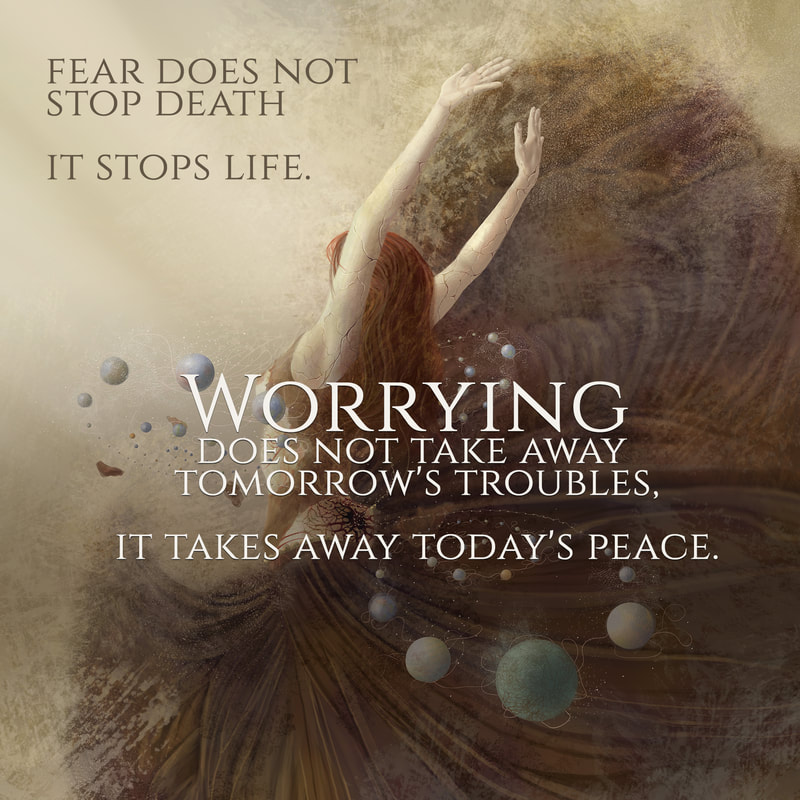

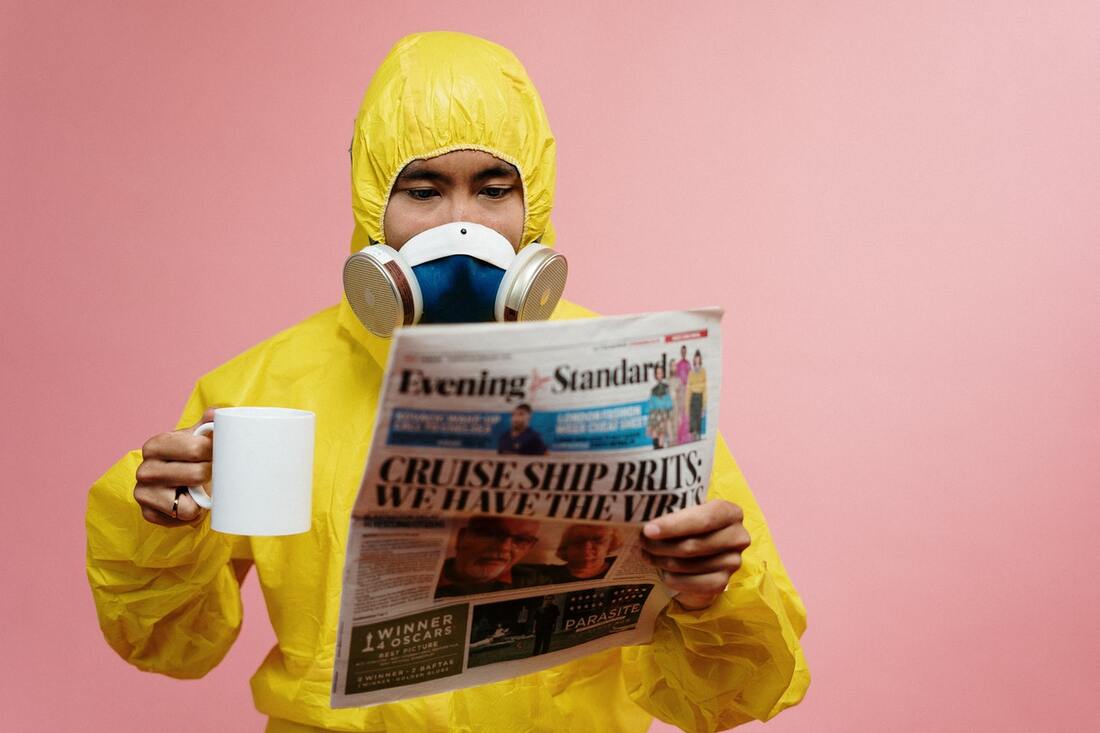




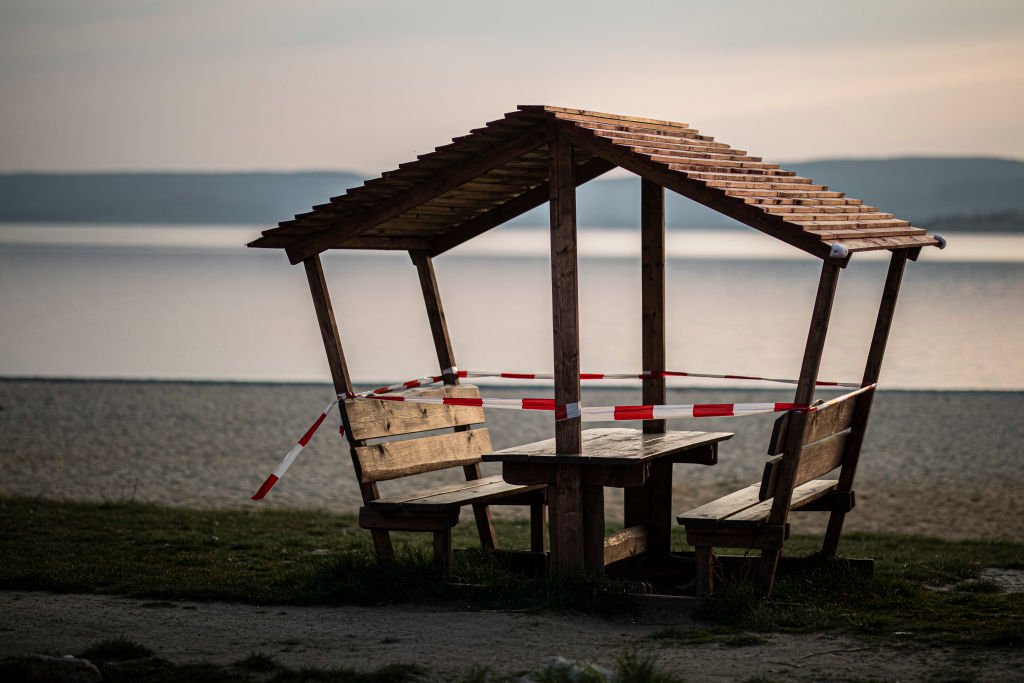


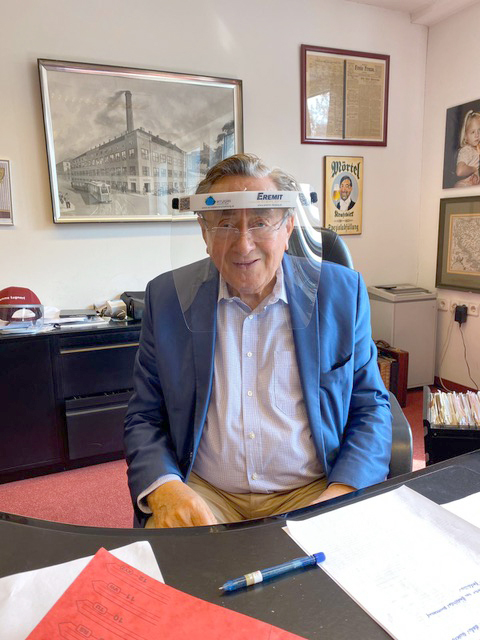
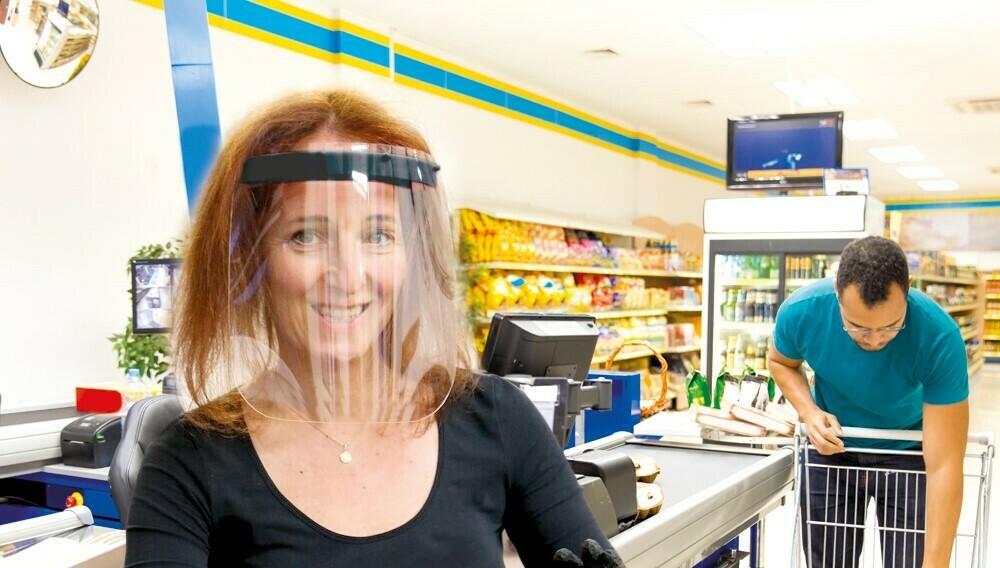
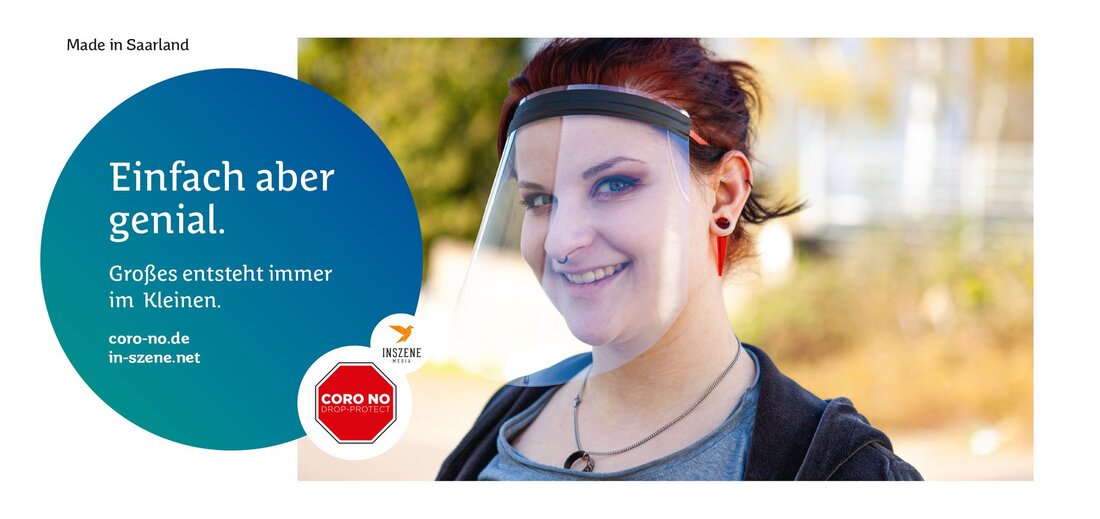
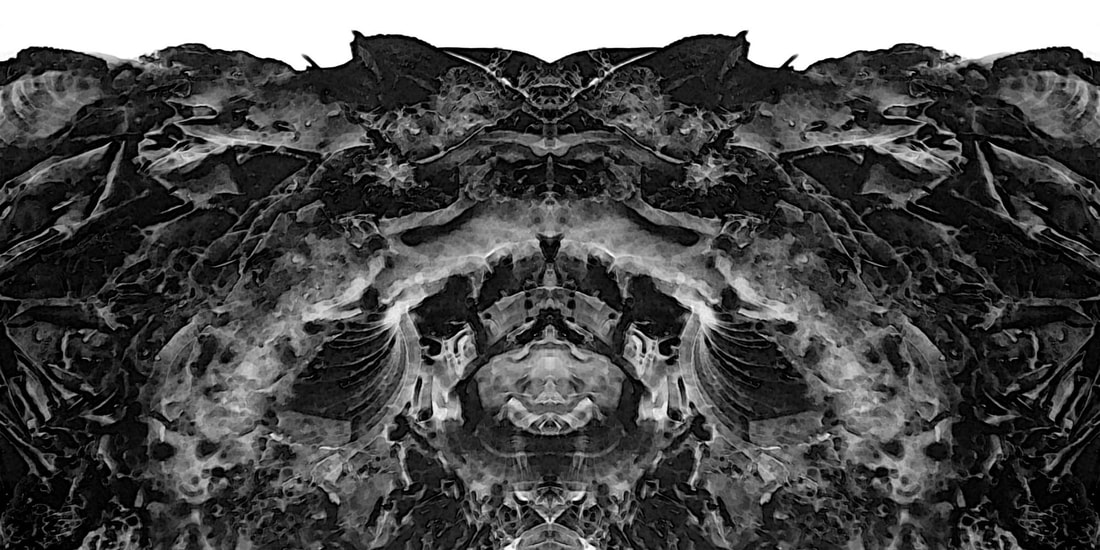
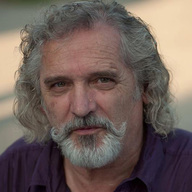
 RSS Feed
RSS Feed



